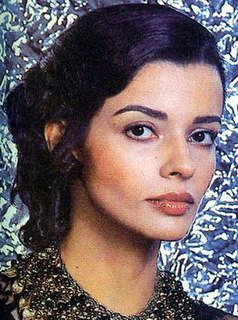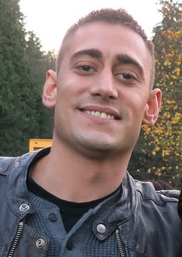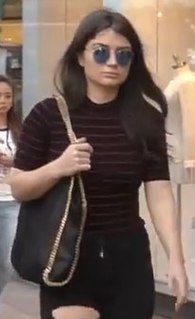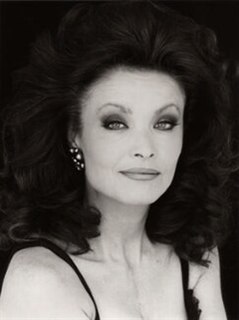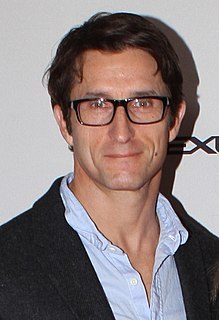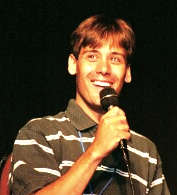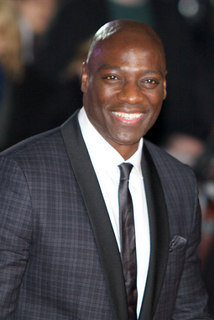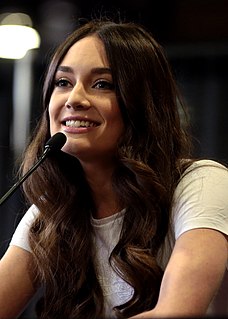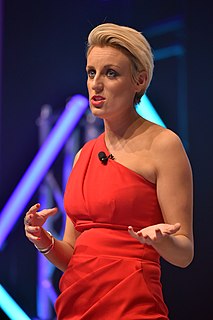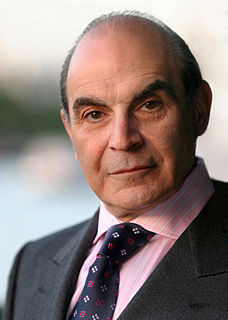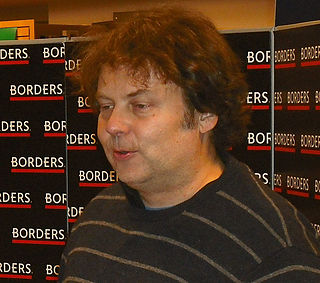A Quote by Persis Khambatta
I love America. I eagerly became a citizen. I have no bitterness toward those casting directors who dismissed me because of my accent, nor toward the producers and directors who wanted to cast me but thought the audience wouldn't accept my accent. I think they're selling their audience short.
Related Quotes
I owe a lot to my time on 'House of Cards' because, up until I booked that show, I had been working consistently for 12 years, but I wasn't working on anything that mattered in the way 'House of Cards' did to its audience, to casting directors, to directors and producers. The show hit this sweet spot.
I thought I was clever by greeting casting agents in my Australian accent and then switching to an American one during the performance. But the Australian accent seemed to put them off. Now it's the opposite; they love Australians. And with my thick Californian accent I now have a problem convincing them I'm Australian.
I think that what 'Oz' did is it spawned a great generation of television production. But people know its place in television and just in great dramas. It's the foundation of my career. Most producers, show runners, directors, and casting directors put me in movies based on my performance in that show.
I guess the most interesting thing that people think is I'm English. They think that I live in England and have a British accent. When they talk to me, at first they go, "Man, you have a great American accent," and I go, "No, no, no, this is my accent. I don't do accents." And then they're really disappointed, and they try to punch me.
When I first started out, it was very, very difficult to even get in the room with directors or casting directors because they would see that I hadn't been to drama school and wouldn't want to see me. Now, I feel like it's changing. We have this new generation of a lot of writers, directors and actors who are just breaking through, and they're doing it for the passion.
